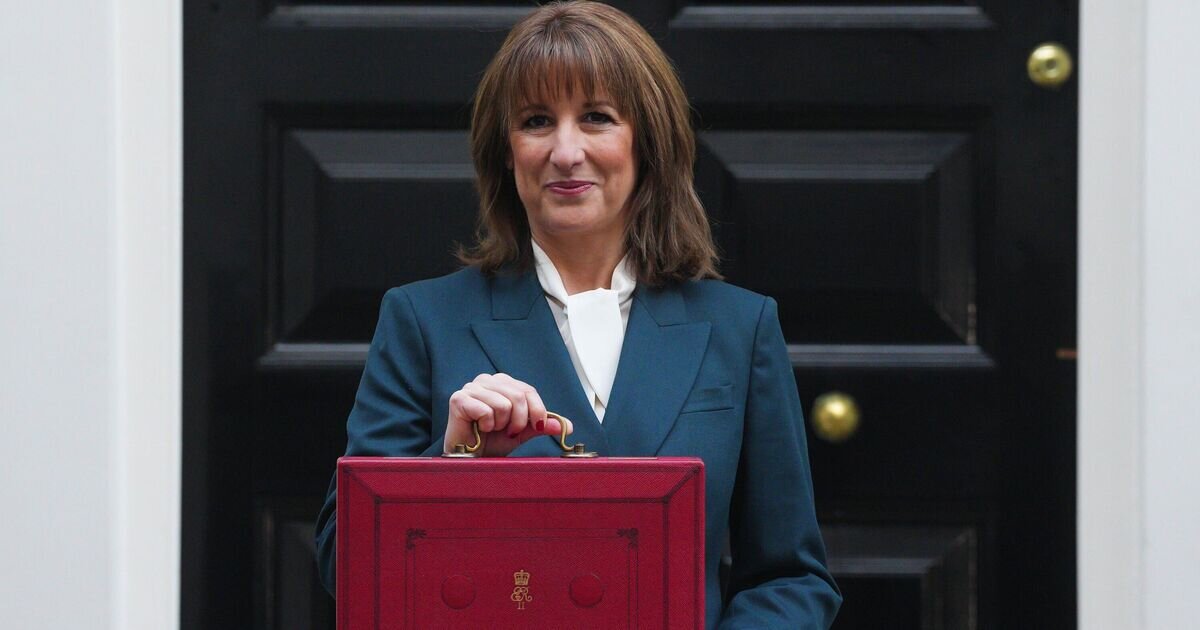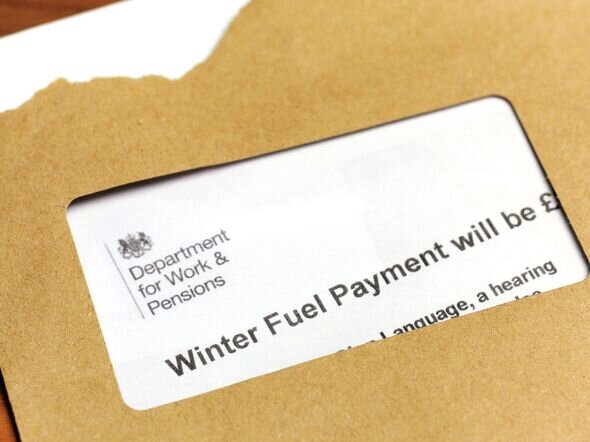Introduction
Details from the government’s Budget were published ahead of schedule following an inadvertent early release by the Office for Budget Responsibility (OBR).
The incident, occurring before Chancellor Rachel Reeves was due to present her speech in Parliament, led to swift market reactions and heightened political scrutiny.
The advance revelation included changes to tax rates, government borrowing forecasts, and projections for economic growth, prompting concern among investors and politicians regarding the integrity and stability of the fiscal process.
Unplanned Release of Budget Details
The OBR, the independent fiscal watchdog, published its Budget analysis online more than half an hour before the Chancellor’s planned speech.
The document contained significant fiscal measures, which had not yet been formally presented to MPs or the public. This breach of protocol is extremely rare in UK Budget history, as strict embargoes are usually upheld to maintain financial market stability and Parliamentary order.
The early publication resulted in immediate circulation of the key proposals across media and the financial sector. Market participants reacted quickly, with notable impacts on government bond yields and investor sentiment during the period before the official Budget announcement.
Key Fiscal Measures Revealed
Among the confirmed measures was a freeze on personal tax thresholds until 2030. According to the released details, this policy is estimated to generate an additional £8 billion for public finances.
The analysis also indicated that public sector net debt, as a proportion of GDP, is projected to reach 69% by the end of the decade.
Further revealed policies included an extension of the fuel duty freeze until September 2026 and a series of targeted tax rises aimed at supporting Chancellor Reeves’ fiscal goals. These proposals had been subject to broad anticipation but were not expected to be confirmed before the official speech.
Economic Growth Projections Downgraded
The OBR’s figures showed revisions to the UK’s economic outlook, with forecasted GDP growth downgraded for every year from 2026 onwards. The data pointed to growth of 1.5% in 2025 and 1.9% for 2026, both lower than previous estimates.
This adjustment reflects continued challenges to the UK’s economic recovery and ambitious government pledges to promote sustained growth.
Such downward revisions highlight the difficult balancing act for policy-makers in navigating inflation, interest rates and ongoing international uncertainty, while seeking to rebuild fiscal headroom.
Taxation Changes and Revenue Plans
Based on the leaked document, the Chancellor is expected to announce a total of £26 billion in tax increases. This is calculated to raise the overall tax burden to 28% of GDP by 2031, the highest level on record for the UK.
Measures include changes to pension tax relief, expected to raise £4.7 billion, a proposed pay-per-mile levy on electric vehicles providing £1.4 billion, and increased gambling duties forecast to deliver an additional £1.1 billion. The details also suggested that these new revenues would result in a projected fiscal headroom of £22 billion, offering the government with limited flexibility for discretionary spending or policy responses to changing economic conditions.
Political and Market Reaction
The premature leak was discussed in Parliament during Prime Minister’s Questions. Senior ministers referenced “unprecedented” disorder surrounding the lead-up to the Budget, citing staff resignations and widespread leaks. Kemi Badenoch, a cabinet minister, called it “the most chaotic lead-up to a Budget in living memory”.
These reported remarks cited concerns from senior economic advisers about the current government’s fiscal management. Prime Minister Keir Starmer, addressing the issue in the Commons, emphasised that the Office for Budget Responsibility operates independently, stating: “Matters for the OBR are for the OBR.
The Chancellor will set out the Budget in just a few minutes’ time.” The Chancellor and OBR have yet to comment further on the source of the breach.
Final Summary
The early publication of Budget details by the Office for Budget Responsibility has raised immediate questions about government communications and fiscal discipline.
Beyond causing notable market volatility and concern among MPs, the incident has exposed underlying pressures in managing public finances during a challenging economic period.
The coming days are expected to bring further scrutiny of both the policies announced and the procedures used to safeguard official information.










